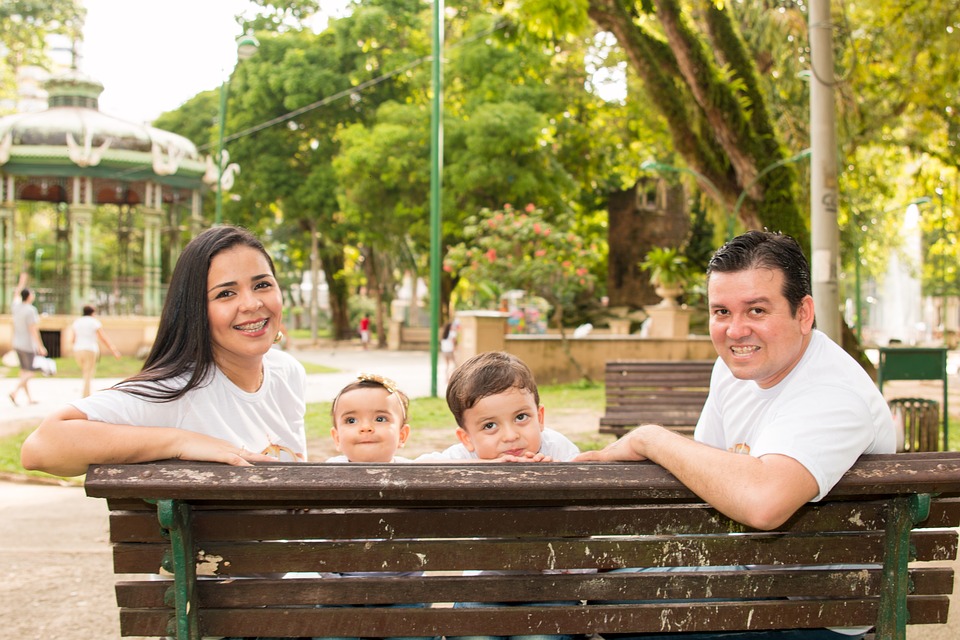As we get older, most people begin to think about taking care of their families and having families of their own. And when you have a family of your own, you want to be able to impart the history of your family and pass it along so that it is never forgotten and carried on for generations to come.
Simply put, family can be the most important thing in the world. There is something about the shared biological bond that creates everlasting relationships that can endure time, distance, and difficulties. Whether you grew up knowing and loving your biological family or created a family of your own, you might wonder about your ancestors and where it all started. Learning about your family history can be a very rewarding experience and is an adventure all on its own. Here is how you can start digging up your family history and learn about your ancestors.
Speak to Your Elders
An easy way to learn about your own family history is by speaking to the elders in your family and hearing their stories. If you are blessed with elderly relatives, try to spend some quality time with them and have discussions about the past, letting them tell you first-hand about your ancestors and history. This way, you can collect stories from different relatives and combine the stories together to build one big family history tree. It might take you some time to get enough information from different relatives but this is information that you cannot get anywhere else.
Do a Genealogy Test
With the advancements in technology, it has become easier than ever to learn about your ancestry by doing a simple Genealogy or DNA test. People often shy away from this method when searching out their family history. They often wonder, how much does it cost to hire a genealogist and whether or not they will be able to afford the tests. However, it does not actually cost that much to do a DNA test and is a great way to learn about yourself if you are keen on finding out more about your family tree. People who take the test or hire genealogists are often people who did not know their biological family or are interested to know more about their ancestors and origins. It is a nice way to learn more about your culture or start a journey towards connecting with your biological family, wherever they may be.
Dig Up Memories at Home
The majority of people often have a place in their family home where memories, photo albums, and memorabilia are stored. There can be old pictures, birth certificates, marriage licenses, and announcements in the newspaper. These little bits of information can be your guide when learning more about your family history and understanding where you came from. You can collect those clues and start organizing them effectively to build a family tree bit by bit.
Search Online

Doing online research is often the way to go when you are trying to find answers, including learning more about your ancestry. There are numerous online archives where you can dig up information and records about your family history and even connect with long-distance relatives who can help you connect the dots. There are websites where you can start with a family member’s name, and follow a trail of records, people, and other information to gain a wider picture of your ancestry tree.
Visit a Library
It might come as a surprise to many people, but public libraries can actually be quite beneficial when it comes to ancestry research. When you need to learn more about your family history, the library often has archived documents like birth certificates, marriage licenses, and newspaper announcements. All of these items can be easily found in public libraries when you do some research into the archives section. You might be surprised at the information that you find there.
When you have a family of your own, you soon begin to realize the value of your history and your ancestry. Many people are curious about where they came from and their ancestry. The journey of digging up information about your family history can be enjoyable and rewarding. It can be full of exciting surprises and useful information that can connect you to long-lost relatives or help you learn more about your own culture. Learning about your family history does not have to be complicated. All you have to do is put some time and effort into doing proper research, check multiple sources, and compile the information into the ultimate family tree.



